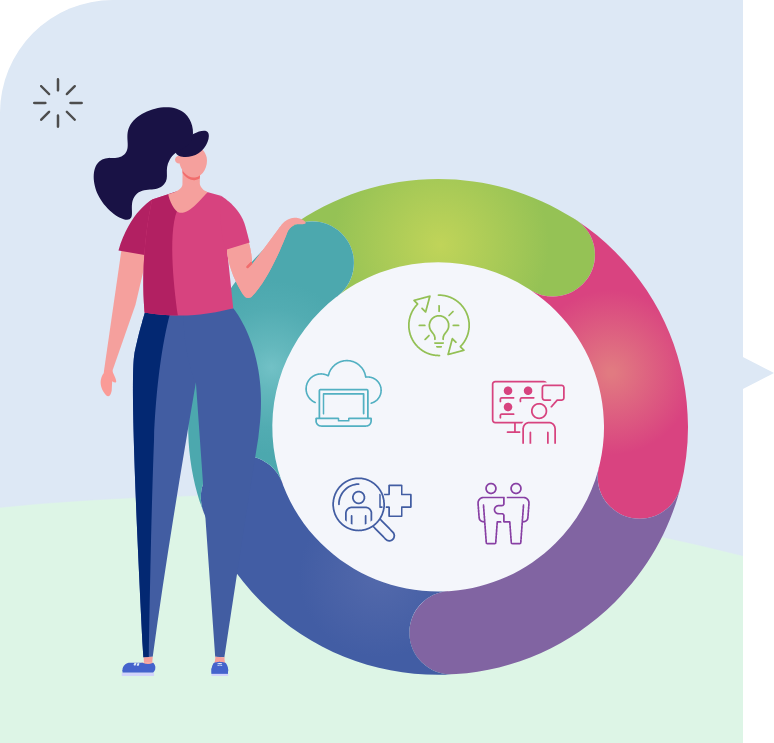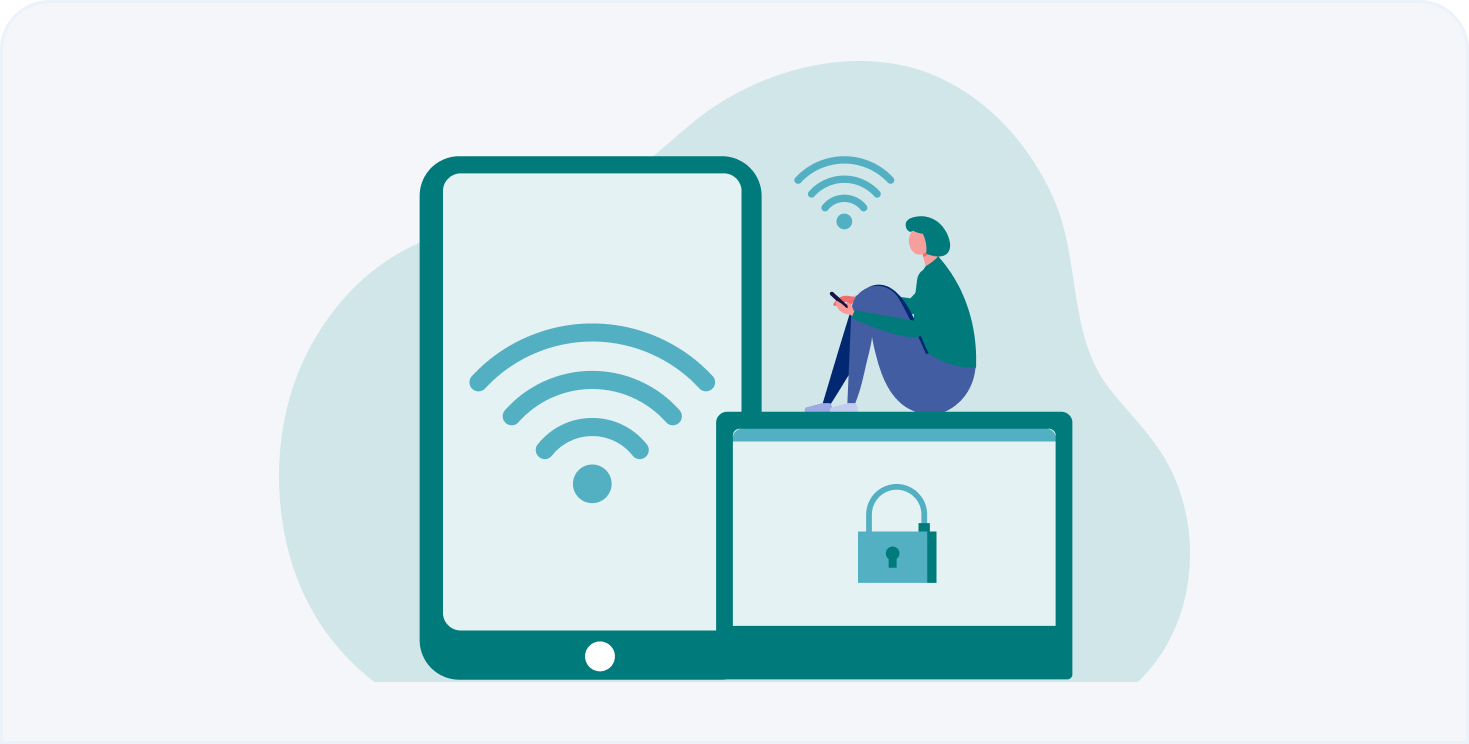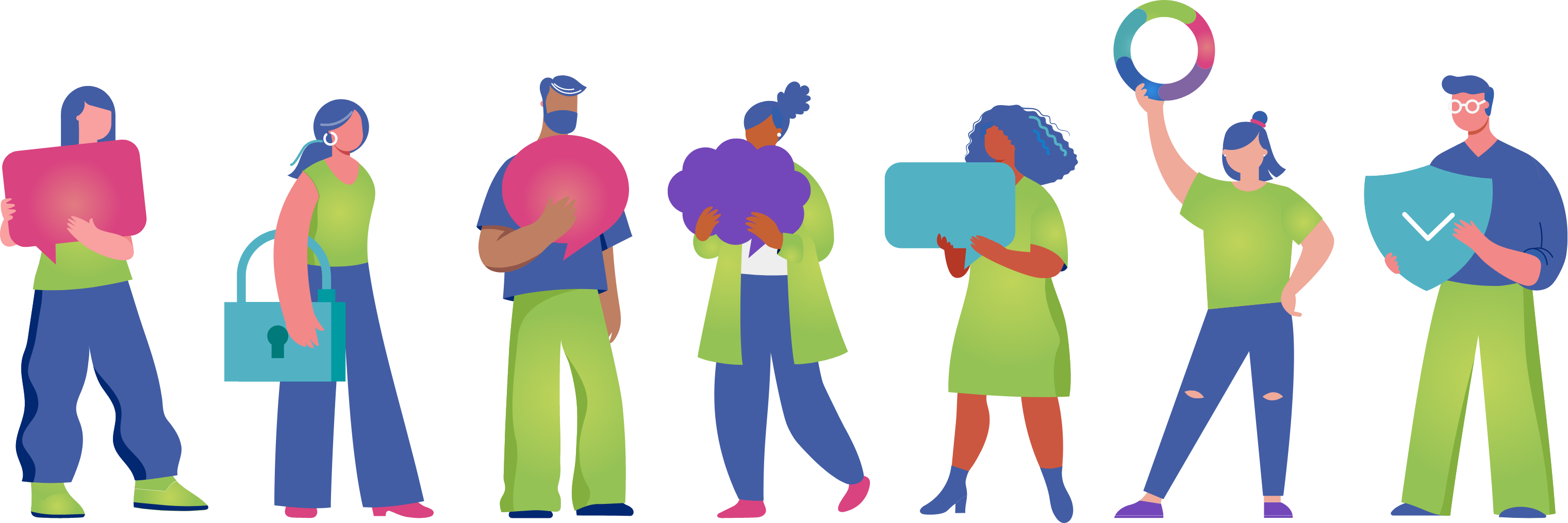Resources
Discover information, tips, and other resources on Digital Wellbeing
IMPROVE DIGITAL WELLBEING FOR YOURSELF & OTHERS
Explore Our Resources
- All
- Young Adult
- Family
- Educator
- Social Worker

All Resources
Digital technologies and the Internet present seemingly endless opportunities to benefit and harm individual digital wellbeing, in the domains of social relations, health, consumption, employment or civic participation.
Find out how you can safeguard and enhance digital wellbeing for yourself and others, and mitigate online harms.

Young Adult
Ranging from ages 18 to 25 years old, these digital natives are savvy users of digital technologies and the Internet. Digital technologies can help to enhance the wellbeing of young adults, be it connecting with friends via social media, or honing digital skills for innovation and employment. However, young adults can also face online harms (e.g., cyberbullying, scams) on the Internet. Read on to see how you can take charge of and protect your wellbeing.

Family
More and more young children are using and exposed to digital technologies at a young age. Regardless of whether you are a parent (or grandparent) of little ones, tweens, or teens, you’ll find guidance on how to safeguard your loved one’s digital wellbeing (e.g., preventing cyberbullying, mitigating screen time and addiction) and foster a healthy relationship and habits with digital devices and technologies within your family and home.

Educator
Digital technologies and tools can have a huge impact on teaching and learning. Whether you are a primary school teacher, a high school tutor, or university lecturer, we provide you with free information and resources, ranging from articles to lesson plans and materials, online tools, and more, to help you educate your students on digital wellbeing and empower them to be responsible digital citizens, both in and outside the classroom.











Social Worker
In today’s digital era, the social service sector faces increasing demands and complexities, whether it is managing new digital challenges like cyber-scams and fraud, or a lack of access to digital literacy and technology for those in need of support. Digital technologies can provide social workers with powerful tools to become more capable, competent and capable in their work, and to help educate and empower their beneficiaries and community.